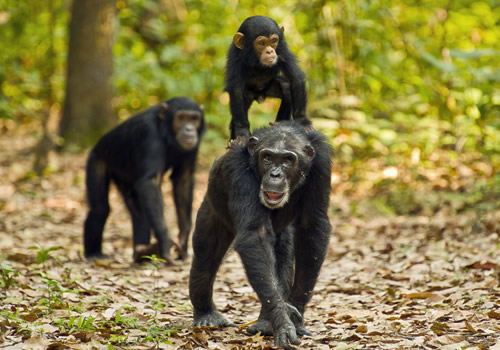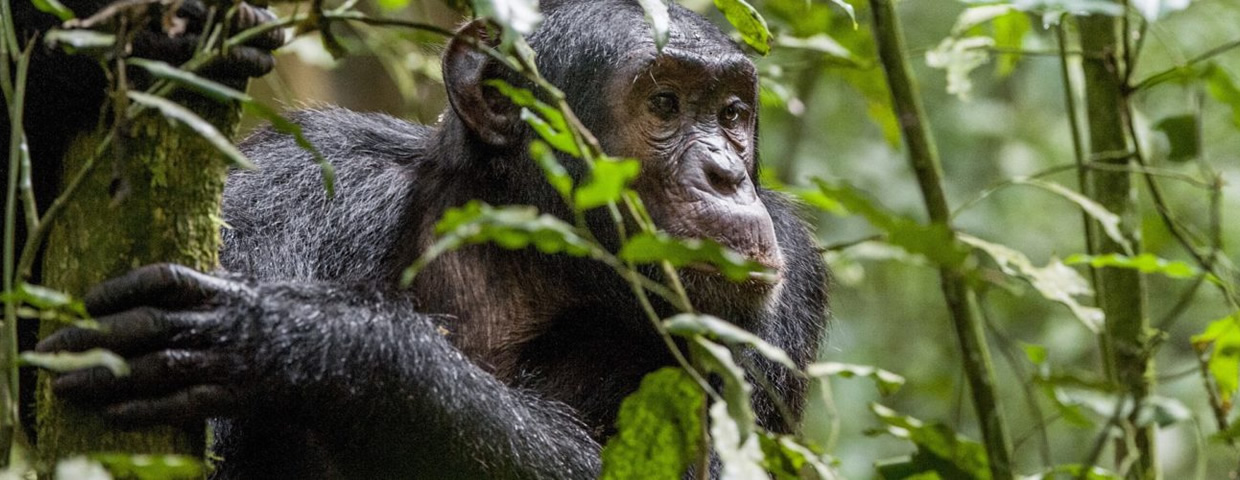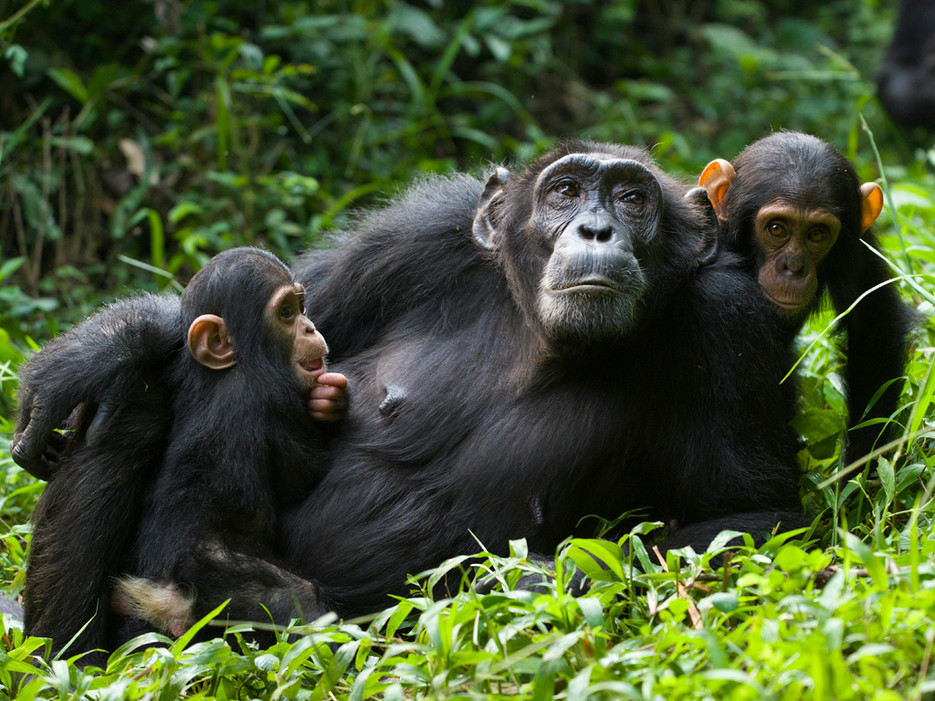Chimpanzee tracking is an exciting and educational activity that involves following wild chimpanzees in their natural habitat in order to observe and study their behavior. This activity has become increasingly popular in recent years, as more and more people seek out opportunities to connect with nature and experience the wonders of the natural world.
Thank you for reading this post, don't forget to subscribe!Chimpanzees are highly intelligent and social animals that live in large communities in forests and jungles in parts of Africa. They are known for their complex social behavior, including their use of tools and their ability to communicate with each other using a variety of vocalizations and body language. By observing chimpanzees in their natural habitat, researchers and tourists alike can gain valuable insights into their behavior and ecology, as well as their interactions with other species and their environment.

Chimpanzee tracking typically involves joining a guided tour led by a trained ranger or guide who is familiar with the behavior and habits of the chimpanzees in the area. Visitors may be required to obtain permits or pay fees in order to participate in the tour, as well as follow strict rules designed to protect the chimpanzees and their habitat. For example, visitors may be required to stay a safe distance from the chimpanzees, avoid making loud noises, and refrain from feeding or touching them.
The tour may involve hiking through forests and jungles to locate the chimpanzees, which can be a physically demanding activity that requires a moderate level of fitness. Once the chimpanzees have been located, visitors may be able to observe them from a safe distance using binoculars or other viewing equipment, while the guide provides information about their behavior, social structure, and interactions with their environment. Visitors may also have the opportunity to ask questions and interact with the guide in order to learn more about chimpanzees and their habitat.
Chimpanzee tracking can be an exciting and rewarding experience for visitors, as it provides a unique opportunity to witness the behavior of these fascinating animals in their natural habitat. However, it is important to note that chimpanzee tracking can also have negative impacts on the animals and their habitat, especially if it is not conducted responsibly. For example, excessive human presence in the habitat can disrupt the chimpanzees’ normal behavior and social structure, and may even increase their risk of disease transmission.
To minimize these negative impacts, many countries and conservation organizations have established regulations and guidelines for chimpanzee tracking, such as limiting the number of visitors and tours, providing training and education for guides and visitors, and enforcing strict rules to protect the chimpanzees and their habitat.
Some organizations also use the revenue generated by chimpanzee tracking to fund conservation efforts, such as habitat restoration and anti-poaching patrols, which can help to protect chimpanzees and their habitat from further degradation.

In addition to its educational and conservation benefits, chimpanzee tracking can also be an important source of income for local communities. By providing employment opportunities for guides, drivers, and other support staff, chimpanzee tracking can help to promote economic development and alleviate poverty in rural areas. This can in turn help to reduce pressure on the environment, as local communities may be less likely to engage in activities such as poaching or deforestation in order to meet their basic needs.
Overall, chimpanzee tracking is a unique and rewarding activity that offers a valuable opportunity to connect with nature and learn about one of the world’s most fascinating and endangered species. By following responsible and sustainable practices, visitors can help to support conservation efforts and promote economic development in local communities, while also gaining a deeper appreciation for the wonders of the natural world.

